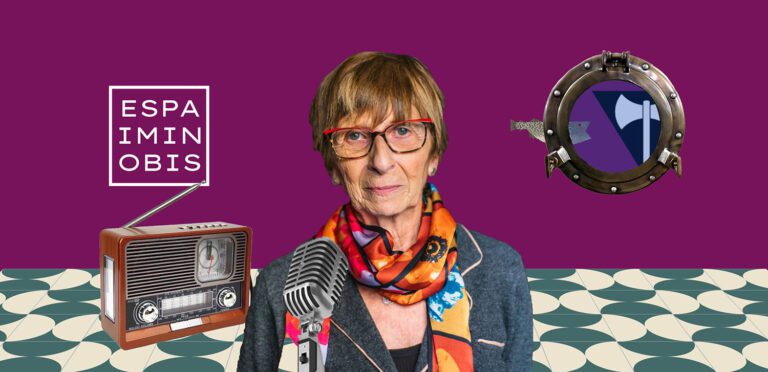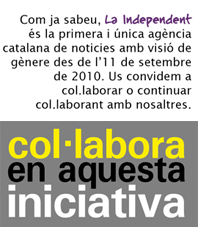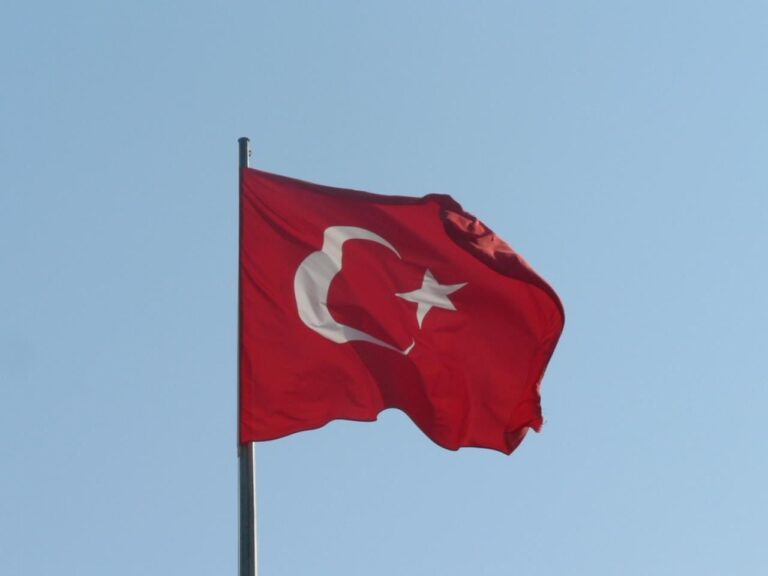A cause of concern at the moment, about the increase in violence and fanaticism, the rise of radical movements and their social impact of national and international level, on February 4, at the headquarters of the National Library in Rabat (Morocco) there was a round table entitled “The culture of hatred: its impact and ways to deal with it”.
The table was organized by the poet Tours Majdouline, former General Secretary of the Moroccan National Commission for UNESCO and the General Secretary of the Association “Democratic Dialogue Meeting“. Many professionals and activists of the sphere of civil society and human rights in Morocco attended the event. Among the speakers highlighted the participation of the President of the International Federation of Human Rights(FIDH) Amina Bouayach.
Tours Majdouline in her speech stressed the need for an urgent and serious work to deal with the culture of hatred, exclusion and stigmatization, considering that this culture is the main source of many of the current crises that the world is living.
She reiterated that everybody is bound and obliged, women and men from his field, working to spread the culture of forgiveness, before the hate, to foster a culture of openness before the closure, and to promote the culture of recognition and acceptance of the other as opposed to xenophobia and rejection of the other.
Amina Bouayach read the Manifesto of the international press on Human Rights on “Culture of Hatred” explaining that the manifesto was a response to reject hatred, but she underline “the absence of a thorough clarification of the terminology of the hatred because it has many definitions “.
She brought five proposals to deal with hate. The first and principal said there is fighting with legal instruments, both in terms of the use of the expression and practice, highlighting the responsibility of public authorities in ensuring the rights, individual or collectives, and the guarantee of fundamental rights that include equality and non-discrimination.
Bouayach insisted on the need to work on changing attitudes and behavior, and found that Internet networks become at times a source of conflicts between users, giving the example with the division of opinions that happened when the French magazine Charlie Hebdo suffered the attack.
Majdouline added that the example of these dialogue tables that are open to everyone and they contribute to brighten a space of mutual understanding in order to disassemble the waves of hatred that can affect our space social coexistence, and thus participate in guaranteeing the stability of our society. Also this may not be possible under the shadow of the culture of oppression, fanaticism, and tyranny and its various implications. She underline too that we should not be locked into some wrong imaginary about others and vice versa, and she finished his speech declaiming a religious quotation that says “we have created peoples and tribes because you know within you”…







